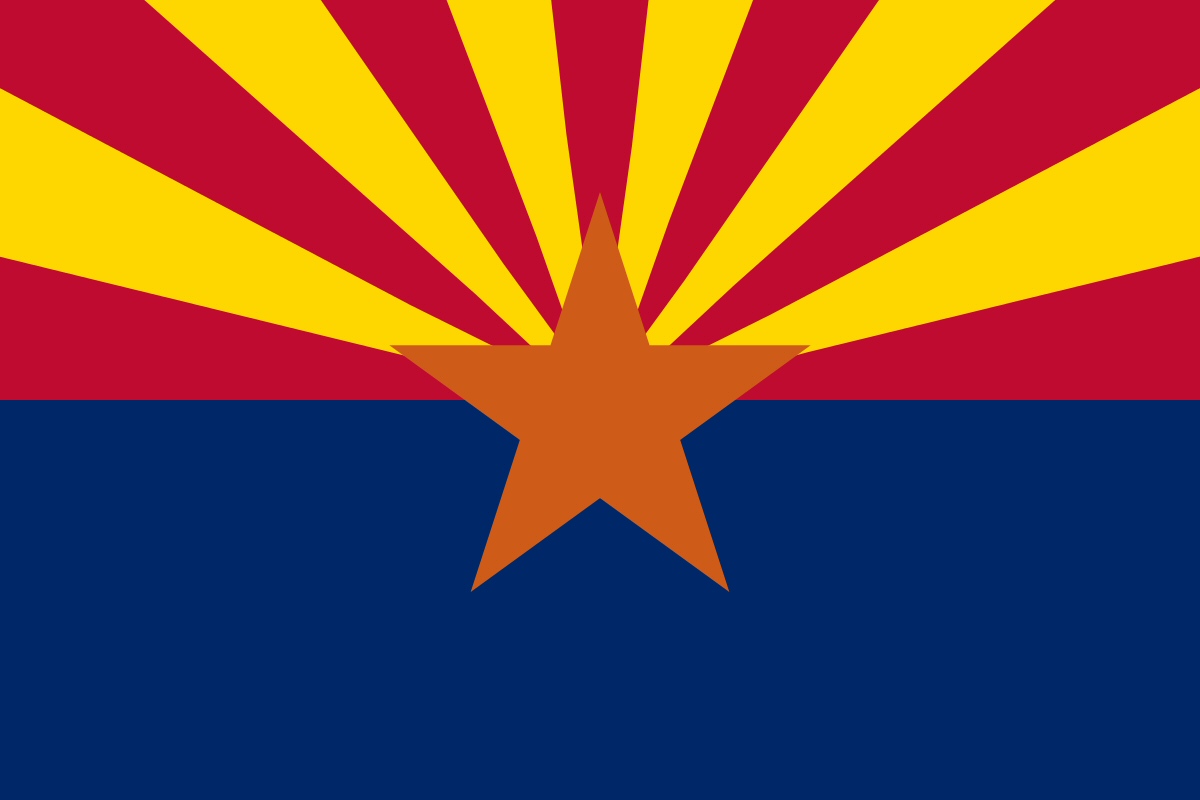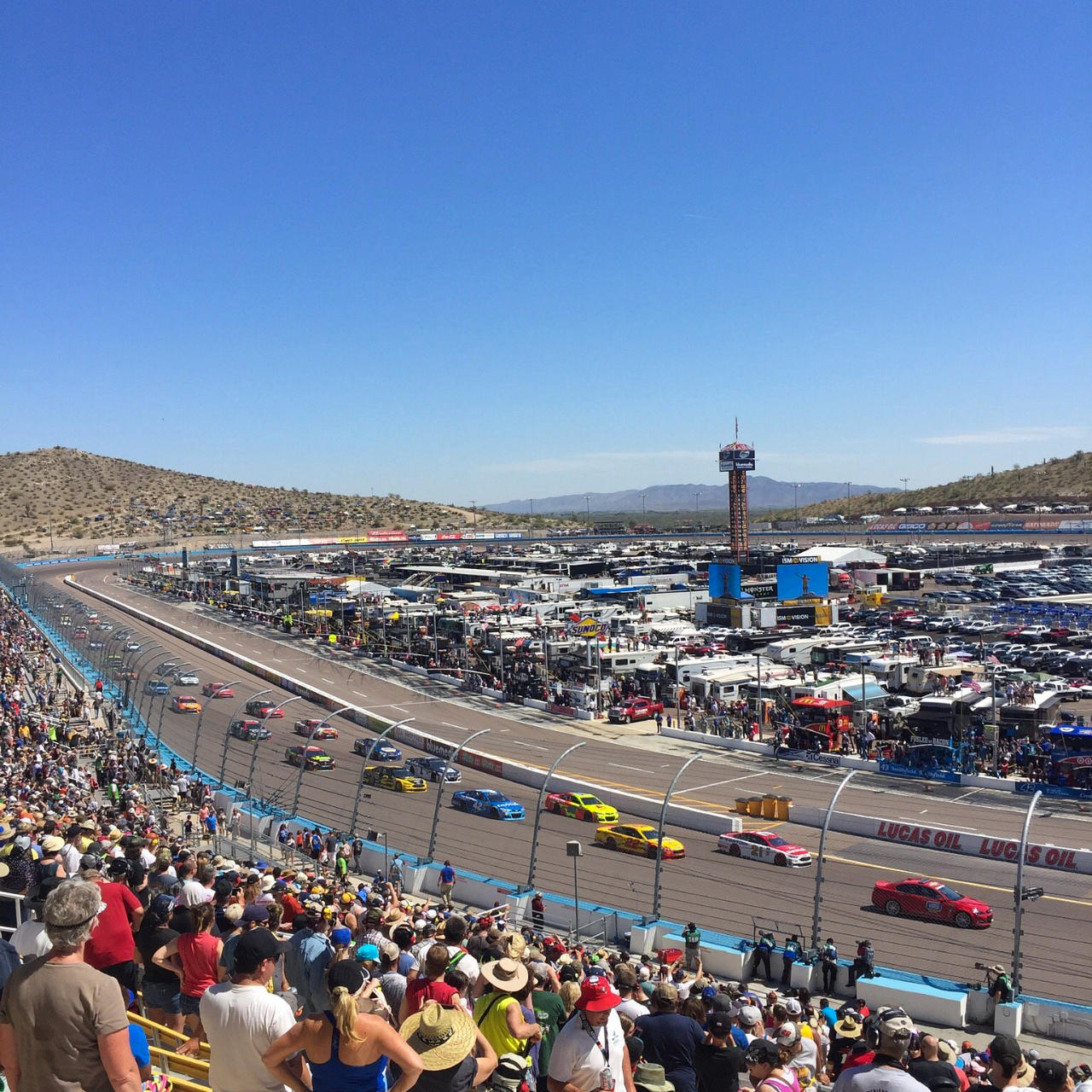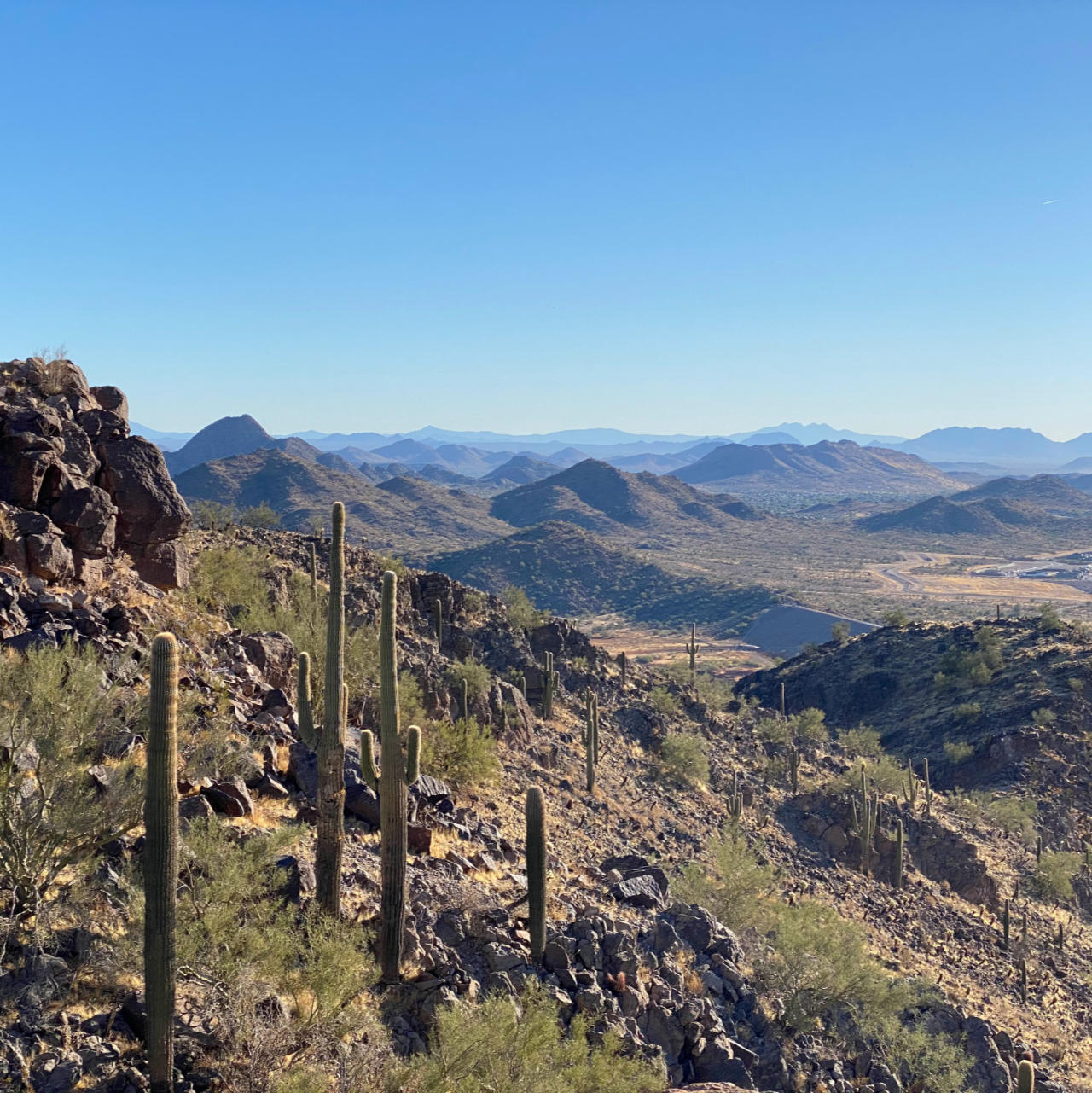State of Arizona Short-Term Rental Regulations
Short-term rental regulations vary depending on the location and may include zoning laws, occupancy and safety standards, taxation, licensing, and insurance requirements review our guides for more information specific to your city.
Reviewed by Derick Hargrave
Last updated September 03, 2023

Overview of Arizona Short-Term Rental Regulations
Information is maintained by the community to provide helpful insights and links to local regulations, HostScouts does not provide legal or investment advice.
With scenic desert landscapes and vibrant cities like Phoenix and Tucson, Arizona attracts over 45 million visitors annually. Many vacationers are now looking to rent homes or condos as an alternative to hotels. If you're considering becoming a short-term rental host in the Grand Canyon State, it's essential to understand the laws first.
In this guide, I'll break down key regulations, licensing steps, tax rules, and safety standards for Arizona short-term rentals. My goal is to help hosts achieve legal compliance from the start, avoiding penalties down the road. Let's dive in!
Defining Short Term Rentals in Arizona
Arizona defines short-term or vacation rentals as furnished lodging offered for rental periods of less than 30 consecutive days. This covers:
- Entire homes
- Apartments
- Condos
- Cabins
- Spare rooms
- RV rentals
Properties advertised for nightly or weekly stays would fall under short-term rental regulations across the state.
Length of Stay Threshold
The 30-day threshold is used statewide to differentiate short-term rentals from long-term rentals in Arizona. Local jurisdictions can't override this definition with their own criteria.
Stays of 30 days or longer are not considered vacation rentals. They fall under Arizona landlord-tenant law instead.
State Preemption of Local Rules
Arizona law prohibits cities and towns from banning short-term rentals outright. Local ordinances also can't restrict vacation rentals based solely on their classification or use.
However, municipalities can regulate short-term rentals in certain limited ways, like imposing noise and nuisance restrictions. Local permit and license rules must follow statutory guidelines.
Starting a Short-Term Rental Business in Arizona
Launching a new Arizona vacation rental involves several key steps for compliance. Let's look at licensing, taxes, and property preparation requirements.
Obtain a TPT License
Hosts must get an Arizona Transaction Privilege Tax license to operate legally. This allows you to collect and remit required state and city taxes on rentals.
You can register for a TPT license online through the Arizona Department of Revenue. Apply before accepting any reservations.
Acquire Local Permits
Some cities like Phoenix require hosts to obtain a regulatory permit for short-term rentals. Phoenix charges $150 annually for this permit. Tucson also requires a $200 short-term rental permit. Check specific regulations based on your rental's location.
Register for Tax Filing
In addition to the TPT license, you must register with the Department of Revenue to file state and local rental revenue taxes. Both registration and filing are handled online.
Tax Obligations on Arizona Short-Term Rentals
As a host, you collect and remit all applicable state, county, and city taxes. Here's an overview:
State Sales Taxes
Arizona charges state transaction privilege tax on short-term rental income. The rate varies from 1-5% depending on location. This applies to room rates, cleaning fees, and other guest charges.
Hosts must collect this tax at the time of booking. You're liable for reporting and remitting the tax to the state.
City Hotel Taxes
Many Arizona municipalities also impose a city hotel tax on short-term rental revenues. For example, Phoenix charges a 2.3% tax while Tucson is 6%.
If the city has an extra hotel tax, the total rate could reach 8-10% when combined. Check your specific area's rates.
Filing Timeframes
Arizona hosts must file returns and remit all state and city taxes on a monthly basis. Filing deadlines are typically by the 20th of the following month. Returns are submitted electronically through the Department of Revenue's website.
Safety and Health Standards
To protect visiting guests, short-term rentals in Arizona must comply with various statewide safety and health regulations:
Smoke and CO Detectors
All vacation rentals are required to have working smoke alarms in each bedroom and common area. Carbon monoxide detectors must also be properly installed on all levels.
I recommend testing alarms regularly and changing batteries every 6 months to keep them functioning properly.
Bedding and Furnishings
Provided mattresses, bedding, and other furnishings must be clean, sanitary, and in good repair. Upholstered items should be vacuumed between guests to prevent buildup or odors.
I replace pillows annually to maintain hygiene. Providing quality linens also boosts guest satisfaction.
Food Safety
You must follow state health code requirements if you offer any food, snacks, or beverages as part of your rental. This includes proper refrigeration, sanitation, and labeling of any food items.
I limit offerings to packaged snacks to avoid potential issues. Guests appreciate the convenience without the risk.
With Arizona's short-term rental market expanding, following proper regulations helps hosts succeed legally. From acquiring permits to collecting taxes, use this guide as your go-to reference for remaining compliant.
Arizona Airbnb Regulations by City
Information is maintained by the community to provide helpful insights and links to local regulations, HostScouts does not provide legal or investment advice.
-

Avondale
Regulation: Allowed
6.9 -

Chandler
Regulation: Allowed
5.8 -

Flagstaff
Regulation: TBD
5.7 -

Gilbert
Regulation: Allowed
5.9 -

Glendale
Regulation: Allowed
6.0 -

Goodyear
Regulation: TBD
5.7 -

Lake Havasu
Regulation: Allowed
6.5 -

Mesa
Regulation: Not Regulated
4.3 -

Peoria
Regulation: Allowed
5.9 -

Phoenix
Regulation: Restricted
4.5 -

Scottsdale
Regulation: Allowed
5.0 -

Sedona
Regulation: Restricted
4.5 -

Surprise
Regulation: Not Regulated
5.8 -

Tempe
Regulation: Allowed
5.4 -

Tucson
Regulation: Allowed
5.7

